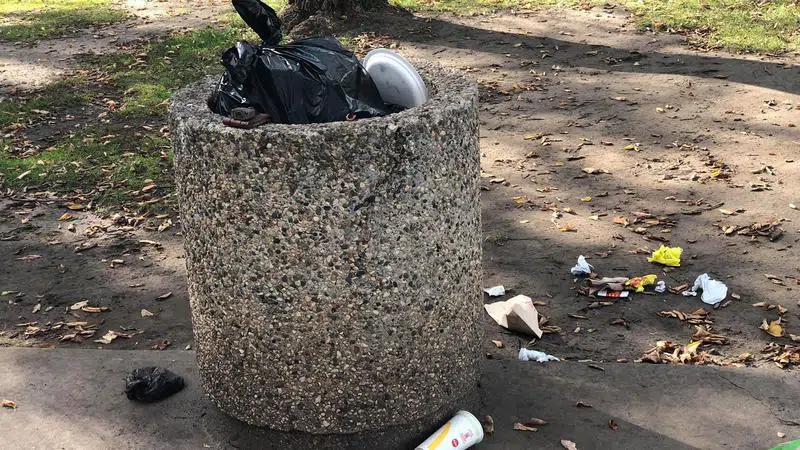
What to do with Prince Albert’s waste
Prince Albert city council members are learning alternatives to more landfill space are not cheap, however they appear eager to chase cleaner options.
“We may not be able to afford to do a full-scale organic composting right off the hop, but we also cannot afford to do nothing,” Coun. Terra Lennox-Zepp said at this week’s council meeting.
The city is due to buy a new $3.5 million landfill cell in two years, but other options council hoped could divert some of that waste are proving prohibitively expensive.
Compost


